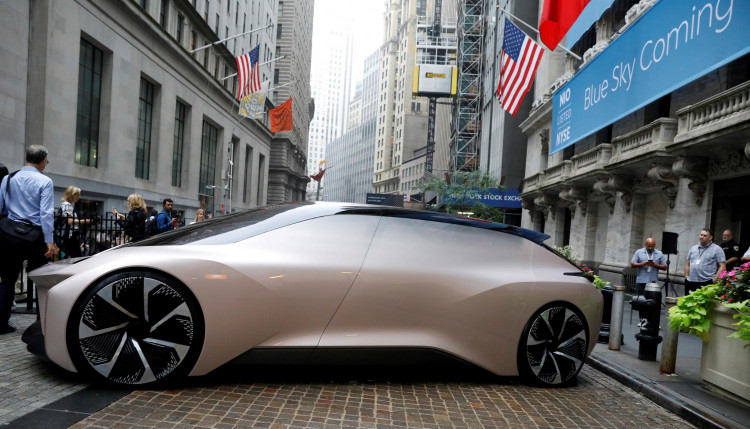Profits of electric car manufacturers in China plunged after a worse-than-estimated three-month decline for NIO Inc. - the Chinese version of Tesla Inc. - escalated worries that more trouble for the biggest EV market in the world is coming.
BAIC Motor Corp., which Bloomberg NEF reported earned over $4 billion in electric vehicle sales in 2018, saw its share price plummet 1 percent in after hours Hong Kong session, while BYD Company fell 4.2 percent, the company's biggest decline in more than a month. Wuxi Lead Intelligent Equipment Company was also down 4.6 percent.
NIO Inc's US-listed shares plunged almost 7 percent to $2.01 late Wednesday. The carmaker's stocks have shed over 31 percent in the last seven days as the company is besieged by operational cost overruns, car recalls and a withdrawal in government subsidies for acquisition of electric vehicles registered a worse-than-projected decline.
NIO has failed to ease worries that the company is falling short on cash. NIO is embarking on an aggressive move to boost its profits and undertake serious plans to trim down costs, chief executive officer William Li pointed out during last week's earnings report.
According to Sanford Bernstein analyst Robin Zhu, If a corporate entity's liquidity is gauged in a week or two, "this is very dangerous." Zuh added that the Chinese car maker may need to tap the government for some form of aid, "which will be hard to get," he said.
NIO is supported by technology behemoth Tencent Holdings Ltd and is looking into cutting its personnel to 7,800 by end of September, from around 9,900 first quarter of 2019. NIO is also infusing $200 million from Li and a Tencent subsidiary and venturing to diversify some non-performing assets by yearend.
"Many people wonder whether this company can continue to thrive," Jason Chen, Blue Lotus Capital Advisors analyst, said.
The carmaker's burdens lend credence to growing fears that China's government-backed support of the market inflated a so-called trade bubble that is just about to burst.
China's electronic vehicle sales and "new energy" mode of transport retreated for a second consecutive month in August as the state cut back on subsidies. The country accounts for 50 percent of the globe's total EV sales.
The current market pricing data have not indicated any form of growth, which prompted NIO to be paranoid about the "expected recovery in industry demand and fourth quarter may prove more decent than projected," JPMorgan analysts Rebecca Wen and Ryan Brikman disclosed.






